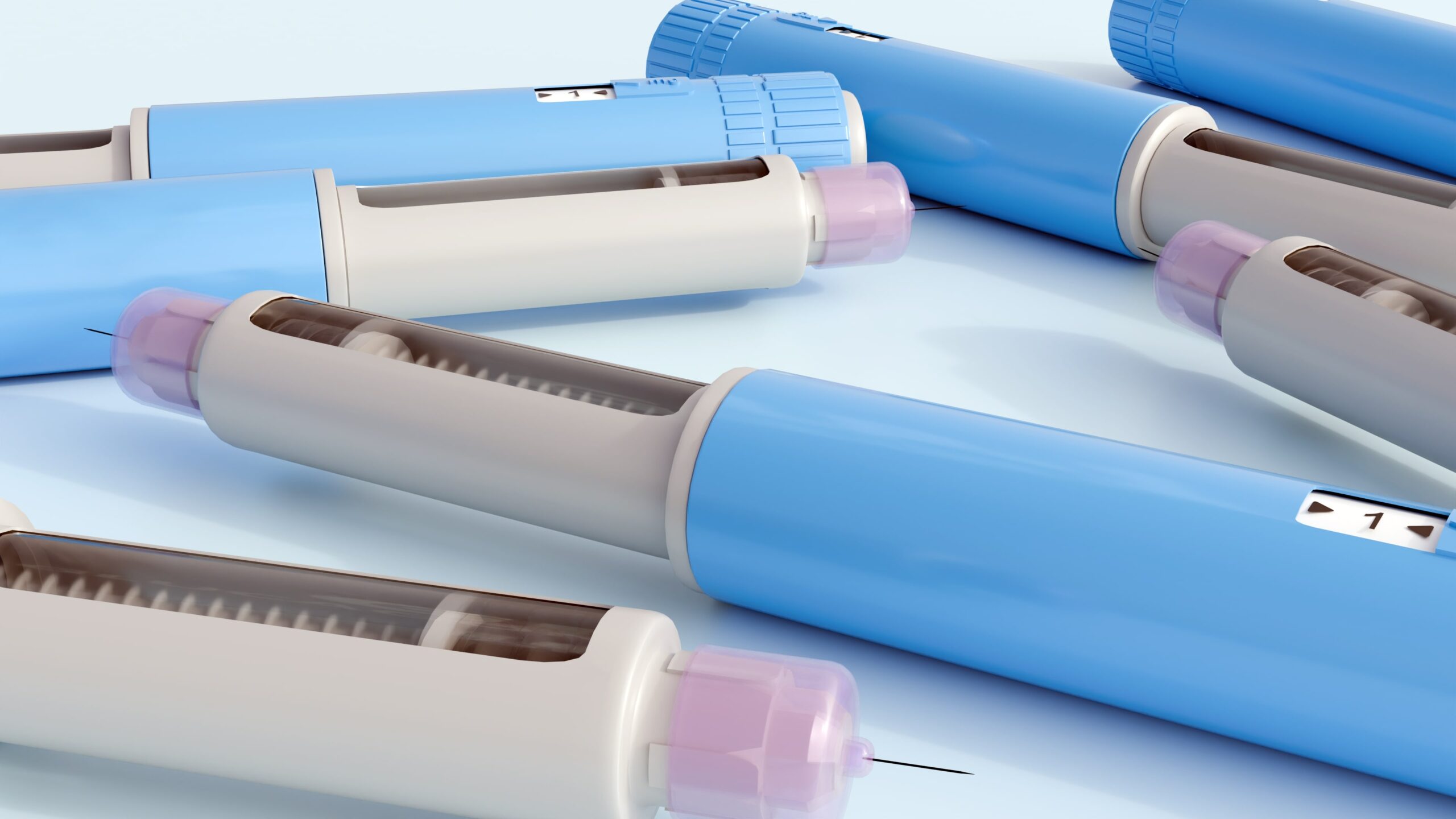Recent research from the American Medical Association shows a staggering 500% increase in spending on a wildly popular class of drugs: Glucagon-Like Peptide-1 Receptor Agonists (GLP-1RAs), often referred to as “GLP-1s.” Once limited to the treatment of diabetes, these drugs have exploded in popularity due to their efficacy as weight-loss aids. But, according to a study published October 9 in the Journal of the Endocrine Society, these drugs could have another unexpected use: addressing substance use disorders.
GLP-1s and the Central Nervous System
Substance use disorders are an ongoing public health crisis. These devastating disorders don’t just impact the individual; they have the potential to harm families and broader communities. Per the United States Substance Abuse and Mental Health Services Administration (SAMHSA), in 2024, 48.4 million people aged 12 or older had a substance use disorder, including 27.9 million people who had an alcohol use disorder and 28.2 million people who had a drug use disorder.
Despite the clear harm caused by these disorders, treatment remains frustratingly limited. Thus, the authors of the October 9 study explored another avenue for potential treatment, evaluating early research that suggested GLP-1s could help reduce the compulsions behind substance use.
What exactly is the connection? How might GLP-1 drugs reduce those compulsions? Researchers still aren’t sure how GLP-1 drugs might impact substance-seeking behaviors. However, we do know that these drugs have the potential to go far beyond appetite suppression. Activating GLP-1 receptors in the central nervous system helps regulate hunger signals, but it may also regulate other signals — including those that drive substance use disorders.
Early Research Supports GLP-1s as Substance Use Disorder Treatment
The researchers offered a primer of existing studies that examine GLP-1 effects on substance use disorders. Some of these studies are preclinical; others are randomized controlled trials. Cited research includes the following:
- Alcohol use disorder (AUD): The researchers cite a randomized controlled trial with exenatide, the first GLP-1 receptor agonist approved for diabetes. The drug showed “no significant effect” on alcohol consumption; however, a more recent randomized controlled trial showed that low-dose semaglutide, a newer GLP-1 receptor agonist approved for diabetes, did reduce alcohol consumption.
- Opioid use disorder: Several GLP-1 receptor agonists have been shown to reduce self-administration of heroin, fentanyl, and oxycodone in rodent models of drug addiction. The drugs have also been shown to reduce substance-seeking behaviors in the rodent models.
- Tobacco use disorder: Preclinical data show that GLP-1 receptor agonists reduce nicotine self-administration in rodent models. The drugs also reduce the reinstatement of nicotine-seeking behaviors.
_____
Additional research is needed to confirm if GLP-1 drugs are, in fact, a valuable treatment for substance use disorders. However, the study notes that “pathways implicated in addiction also contribute to pathological overeating and obesity,” which provides a valuable overlap for treatment. As obesity treatments improve, so may treatments for addiction.
Did you enjoy this blog post? Check out our other blog posts as well as related topics on our Webinar page.
QPS is a GLP- and GCP-compliant contract research organization (CRO) delivering the highest grade of discovery, preclinical, and clinical drug research development services. Since 1995, it has grown from a tiny bioanalysis shop to a full-service CRO with 1,200+ employees in the US, Europe, Asia, India and Australia. Today, QPS offers expanded pharmaceutical contract R&D services with special expertise in pharmacology, DMPK, toxicology, bioanalysis, translational medicine, cell therapy (including PBMCs, leukopaks and cell therapy products), clinical trial units and clinical research services. An award-winning leader focused on bioanalytics and clinical trials, QPS is known for proven quality standards, technical expertise, a flexible approach to research, client satisfaction and turnkey laboratories and facilities. Through continual enhancements in capacities and resources, QPS stands tall in its commitment to delivering superior quality, skilled performance and trusted service to its valued customers. For more information, visit www.qps.com or email info@qps.com.





